Sci-Fi TV is meant to expand and challenge our imagination with thrilling adventures that explore the possibilities of science. Unfortunately, not all series live up to those expectations. While great sci-fi television captures the attention of viewers with fascinating technology, intricate environments, high stakes, and riveting storylines, weaker series suffer from meandering plots, poorly written characters, low stakes, and sluggish pacing.
While there are plenty of thrilling sci-fi series, this list examines some of the least intense shows of the genre. From NBC’s ill-fated Heroes, to dinosaur snoozefest Terra, these are 10 sci-fi series that are simply not that intense.
10
‘Heroes’ (2006-2010)
Created by Tim Kring

Heroes is a series that blends elements of sci-fi with fantasy, and depicts various ordinary people who suddenly discover they have superpowers. As the series unfolds, they work together to prevent catastrophic events. Heroes featured Milo Ventimigilia, Hayden Panettiere, and Masi Oka. While Heroes was an initial hit among fans and critics alike, the series plummeted in quality in the second season and failed to recover from its poorly written storyline.
Heroes was initially a phenomenal series during its first season, but in the second season it featured a meandering plot that shoehorned new characters with arcs independent of the main storyline. The decision to also try and force romantic relationships that didn’t seem believable to audiences also contributed to the show’s decline in quality and its inability to captivate viewers in the same way it initially did. With a slow-moving plot, and a plethora of unnecessary characters that didn’t resonate with audiences, Heroes is a series that ultimately lost much of the momentum that made it popular in the first place.
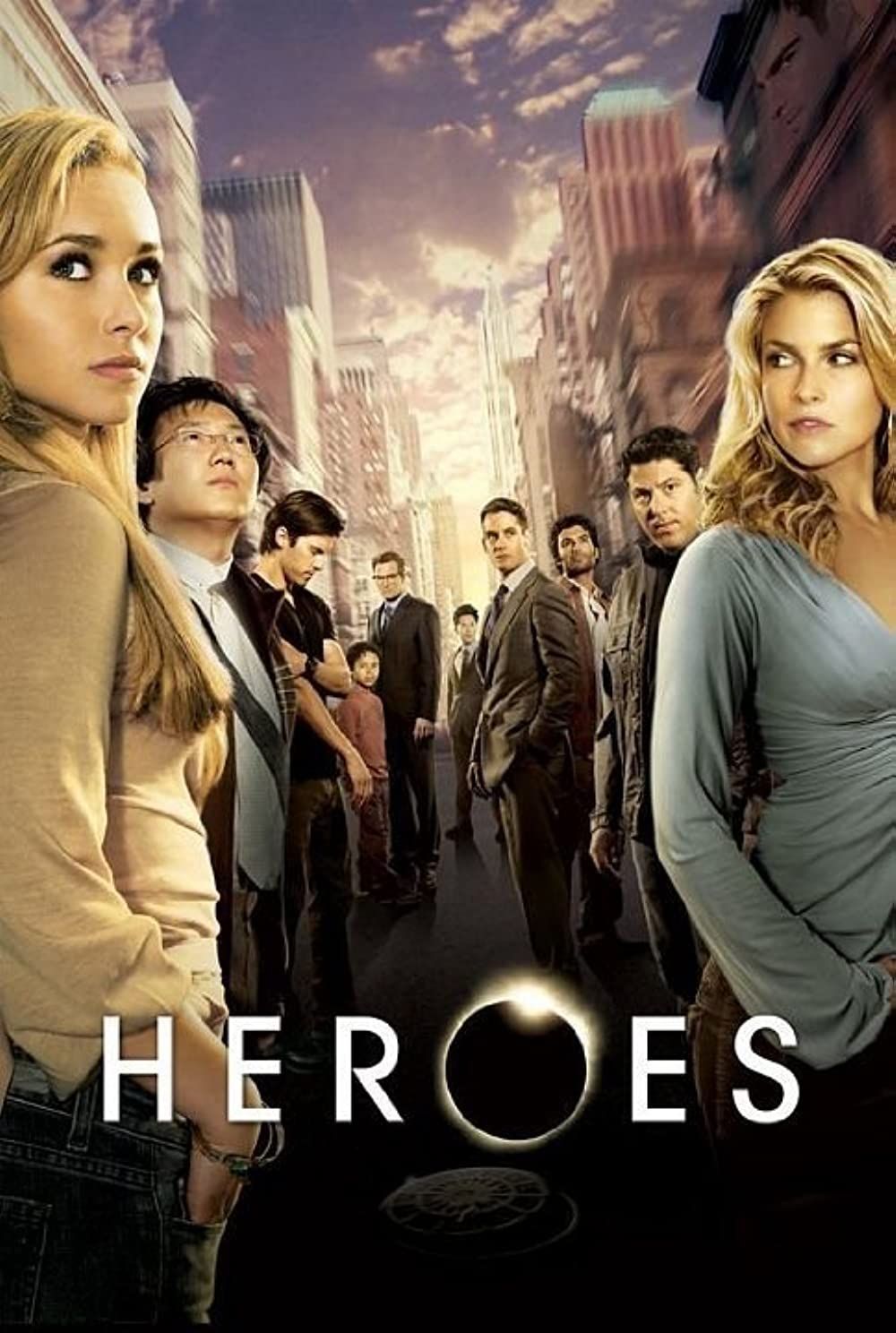
Heroes
- Release Date
-
2006 – 2009
- Network
-
NBC
9
‘Total Recall’ 2070 (1999)
Created by Art Monterastelli
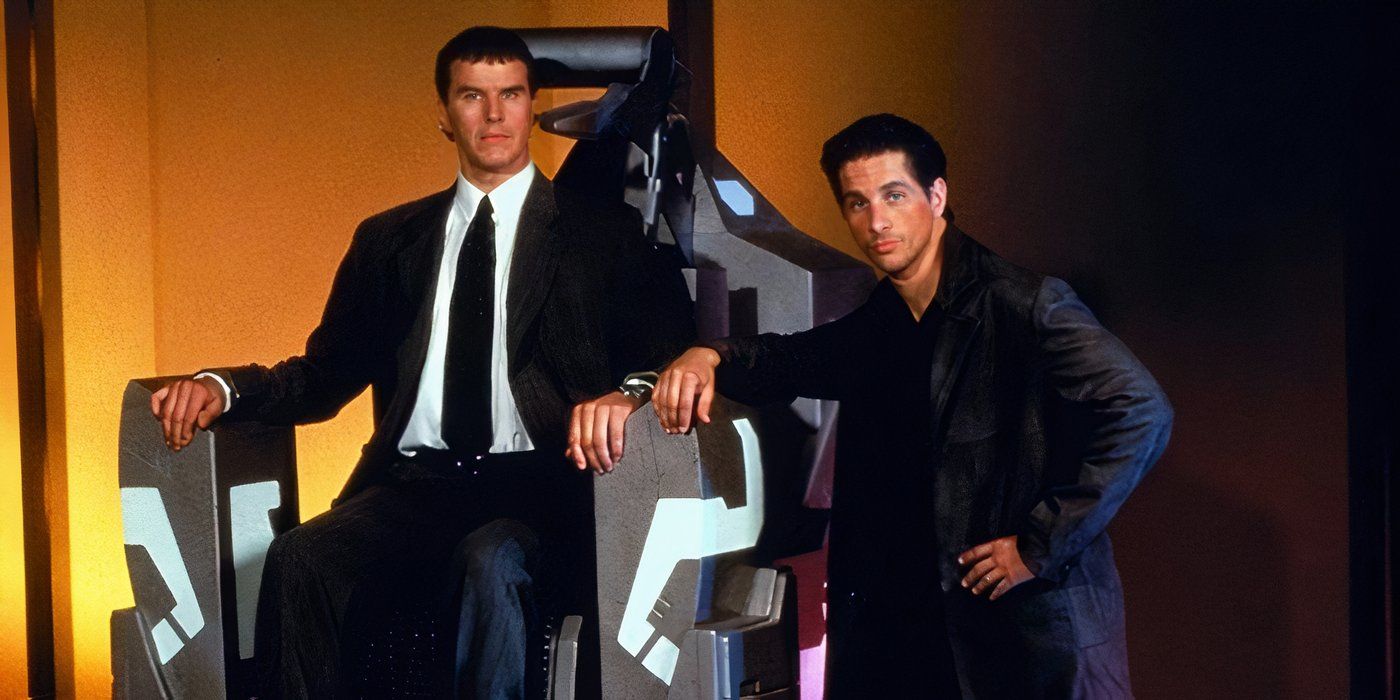
Based on Phili K. Dick’s classic short story, “We Can Remember It for You Wholesale”, Total Recall 2070 takes its name from the action-packed classic sci-fi film Total Recall. The film stars Michael Easton as Detective David Hume, who solves crimes and occasionally visits Mars with his android partner, Ian Farve (Karl Pruner). While the series draws much of its inspiration from Dick’s short story, and, to a greater extent, Bladerunner (also based on his work) the series failed the generate the same momentum and excitement as the source material or the films.
Total Recall was a thrilling action-packed film that remains a classic in the genre, and Bladerunner is easily one of the greatest works of sci-fi of all time. This is due to excellent writing, riveting action sequences, and meticulously crafted world-building. Total Recall 2070 failed to generate the same level of excitement because it leaned far less into the action and mystery aspects of its predecessors and more into the philosophical elements of the source material. While this isn’t an inherently negative approach, especially when it comes to adapting rich texts like the works of Dick, Total Recall 2070 was unable to balance these elements with more enthralling, action-packed material and ultimately left many viewers confused and disengaged.
8
‘Andromeda’ (2000-2005)
Created by Gene Roddenberry and Robert Hewitt Wolfe
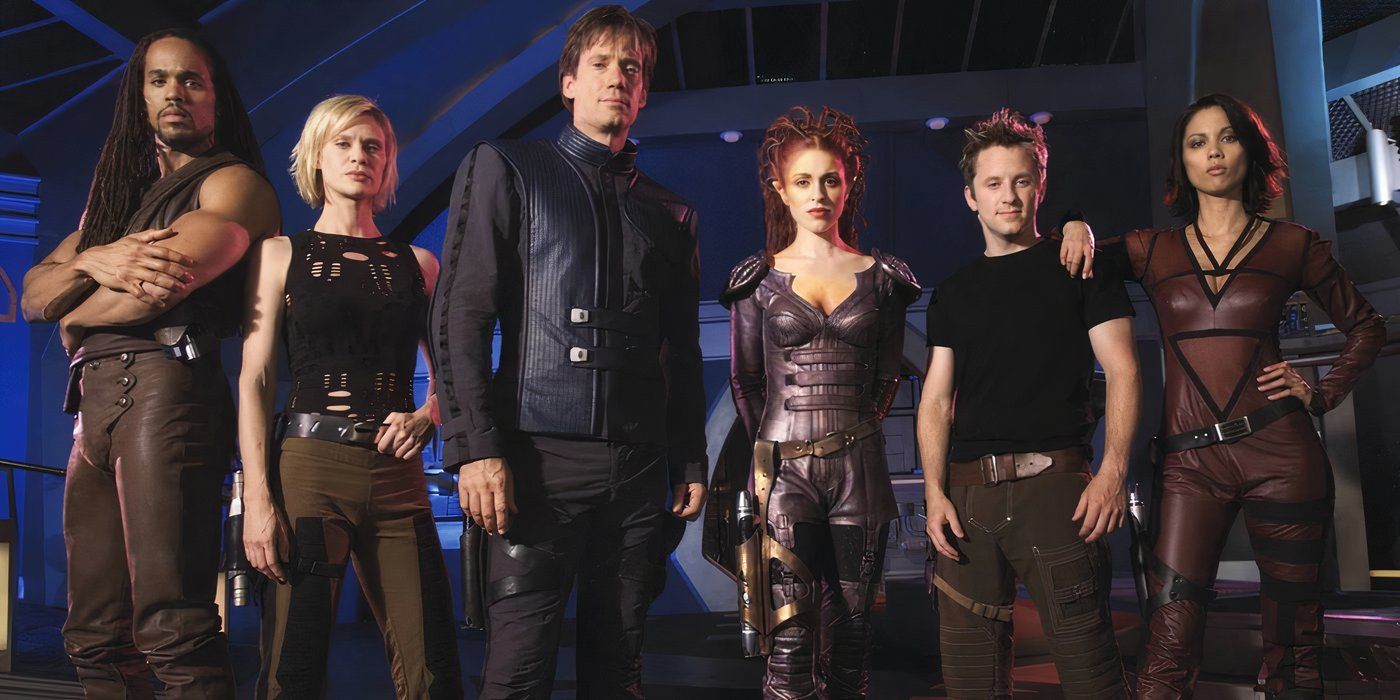
Andromeda is a space opera television series set in deep space, where the crew of the Andromeda Ascendant, led by Captain Dylan Hunt (Kevin Sorbo), embark on a mission to rebuild the Systems Commonwealth, a governing body that was once responsible for a time of peace and prosperity. The series is based on unused material from Gene Roddenberry.
The premise of Andromeda sounds relatively exciting, and its deep space setting would be an ideal location for thrilling adventures and epic space fights, but when all’s said and done, Andromeda just isn’t all that exciting. The series struggled with an inconsistent tone that clumsily vacillated between epic space drama and mediocre comedy, and the cast itself wasn’t particularly captivating. Despite its underwhelming qualities, Andromeda ran for a surprising 5 years and is considered an iconic space series in the sci-fi community.
7
‘Star Trek: Enterprise’ (2001-2005)
Created by Rick Berman and Brannon Braga
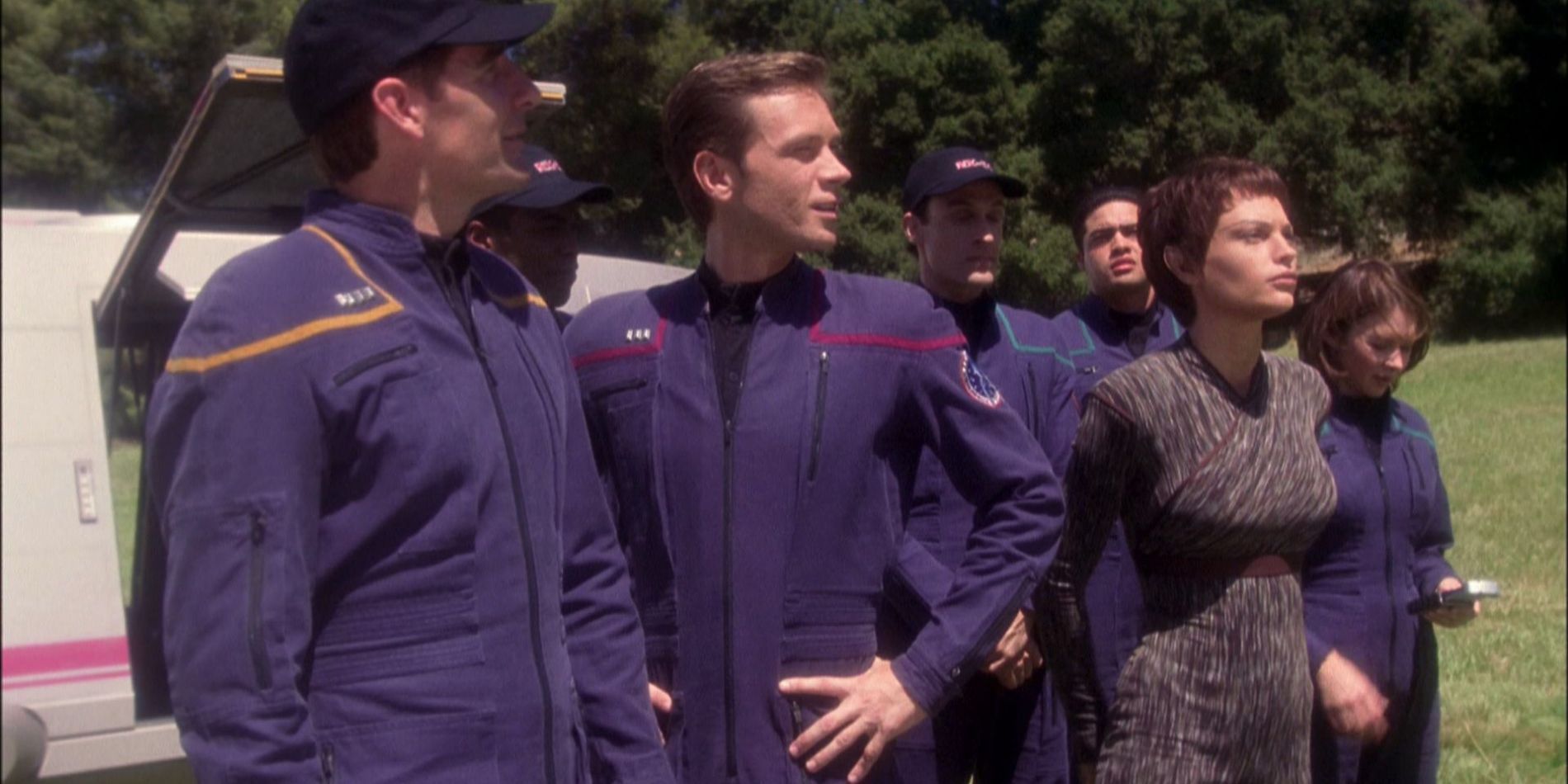
Star Trek: Enterprise is a prequel series to Star Trek that was created with the aim of showing audiences what humans’ first voyages into space were like. Captain Jonathan Archer (Scott Bakula) heads the United Earth Ship Enterprise during the incipient years of Starfleet, before the Federation’s golden age. While the premise was met with excitement, the series ultimately suffered from poor execution.
Star Trek: Enterprise was a profoundly underwhelming series that failed to live up to the expectations of its intriguing premise; instead of offering something new to audiences, which would’ve looked like the show actually leaning on the show’s whole “space frontiersmen” thing, Star Trek: Enterprise recycled familiar Star Trek tropes and a slew of stand-alone episodes that’s rarely achieved any degree of worthwhile momentum. The “safe” approach of the series failed to generate any palpable excitement in viewers despite later attempts at more riveting arcs in later seasons.
6
‘Caprica’ (2009-2001)
Created by Remi Aubuchon and Paula Malcomson
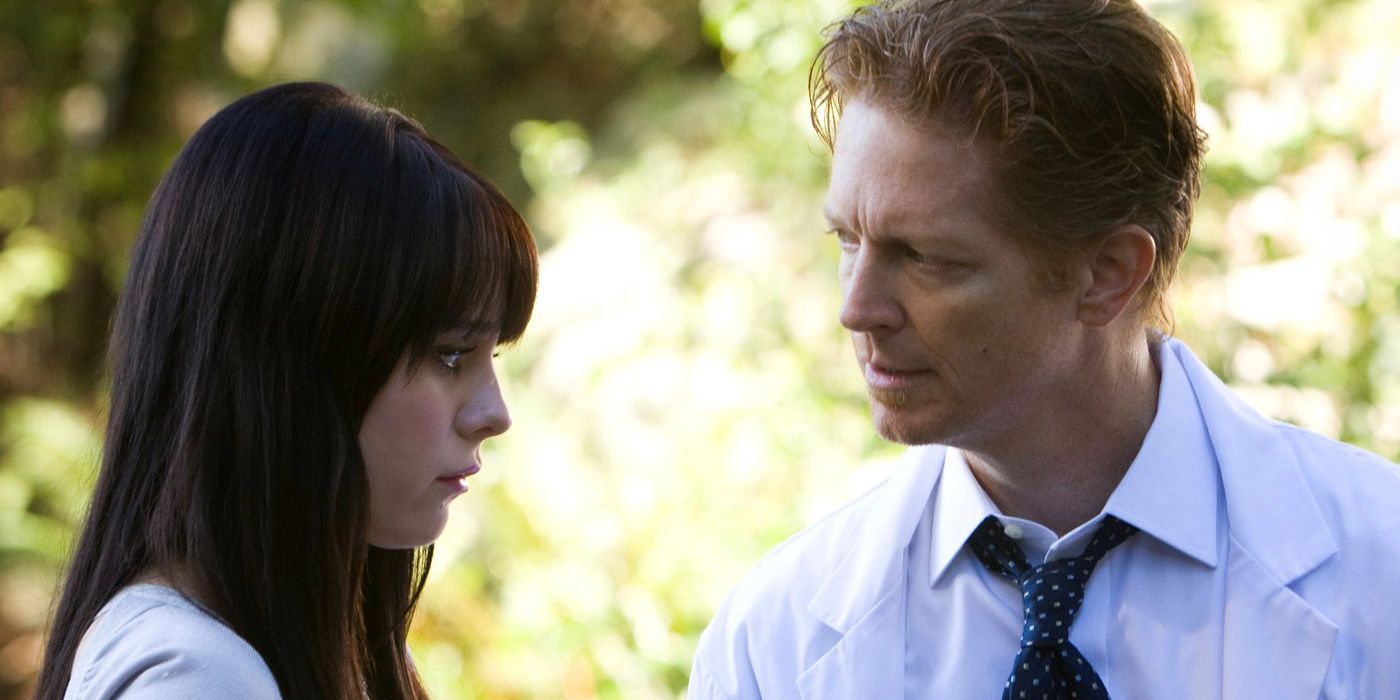
Set 60 years before the events of Battlestar Galactica, Caprica tells the story of how humanity created the first cyclon androids who would later come to wage war on them. While Battlestar Galactica was a series that was known for its explosive, well-directed space battles, Caprica was a more subtle, slow-moving series that focused more on corporate intrigue.
The origin story of the cyclons offered a potentially exciting premise for the showrunners to explore, but instead audiences got a somber, sedate series that was unable to deliver the punch of Battlestar Galactica. Caprica was a brooding series that focused on grief, religion, and politics in a way that seldom left room for any action. Scenes often featured characters scheming, mourning, or pondering, with little action in between. Audiences were often frustrated by a plot that seemed to drag on and on without ever kicking into high gear. Though Caprica had plenty of potential, it was a messy series that was never sure what it wanted to be.
5
‘Terra Nova’ (2011)
Created by Kelly Marcel and Craig Silverstein
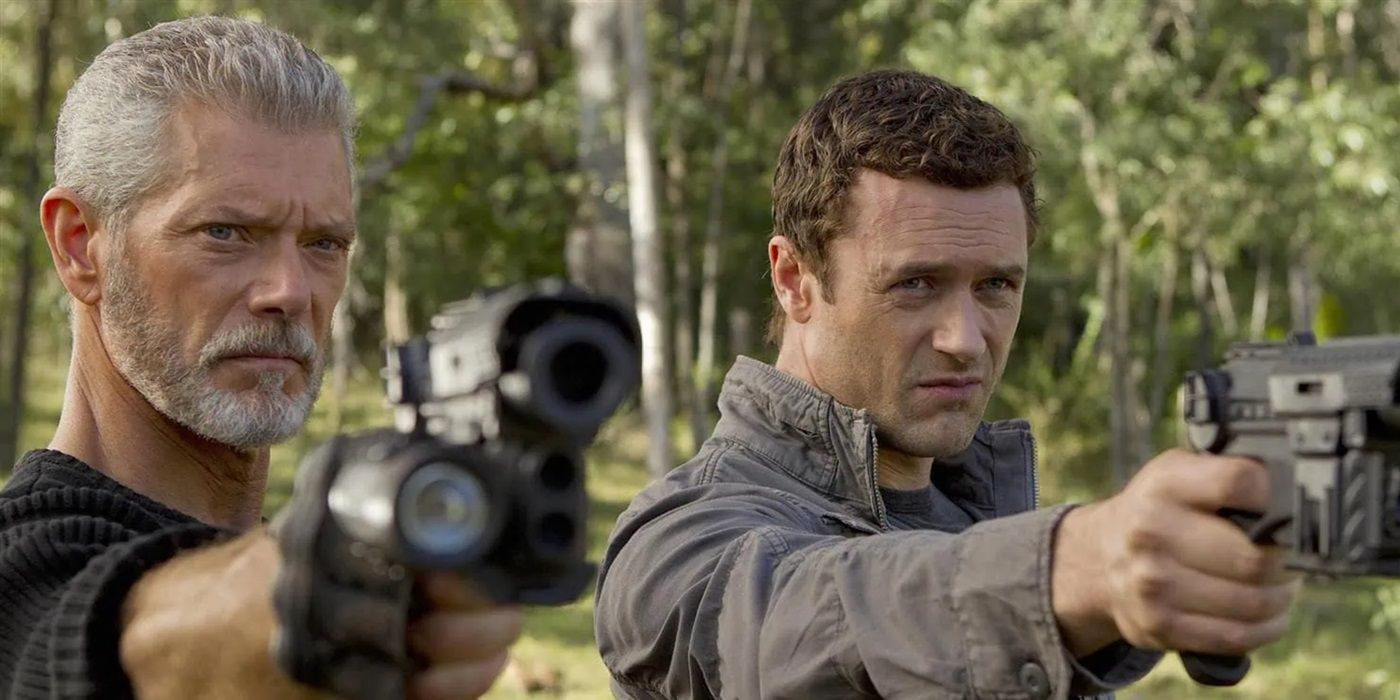
Everyone loves dinosaurs, right? Steven Spielberg’s Jurassic Park and the franchise the followed proved that dinosaurs are a roaring recipe for success. Naturally, it stands to reason that Terra Nova, a series about a family traveling back in time to the Cretaceous period, would also be a success, especially with Spielberg attached to the project. Shockingly enough, this was not the case.
Although the premise is cool enough, the series suffers the same fate as many doomed sci-fi series: an unbearably slow plot and characters bankrupt of any compelling qualities. Despite the family being on a land invested with all sorts of dangerous dinosaurs and a villainous rebel group threatening their attempts at building a civilization, the story moves with a confounding lack of urgency. Many episodes featured domestic squabbles and familial issues that were neatly resolved, and the flat cast of characters failed to leave any lasting mark on the audience. Naturally, Terra Nova’s failure to resonate with audiences led to its own extinction.
4
‘Marvel’s Inhumans’ (2017)
Created by Scott Buck
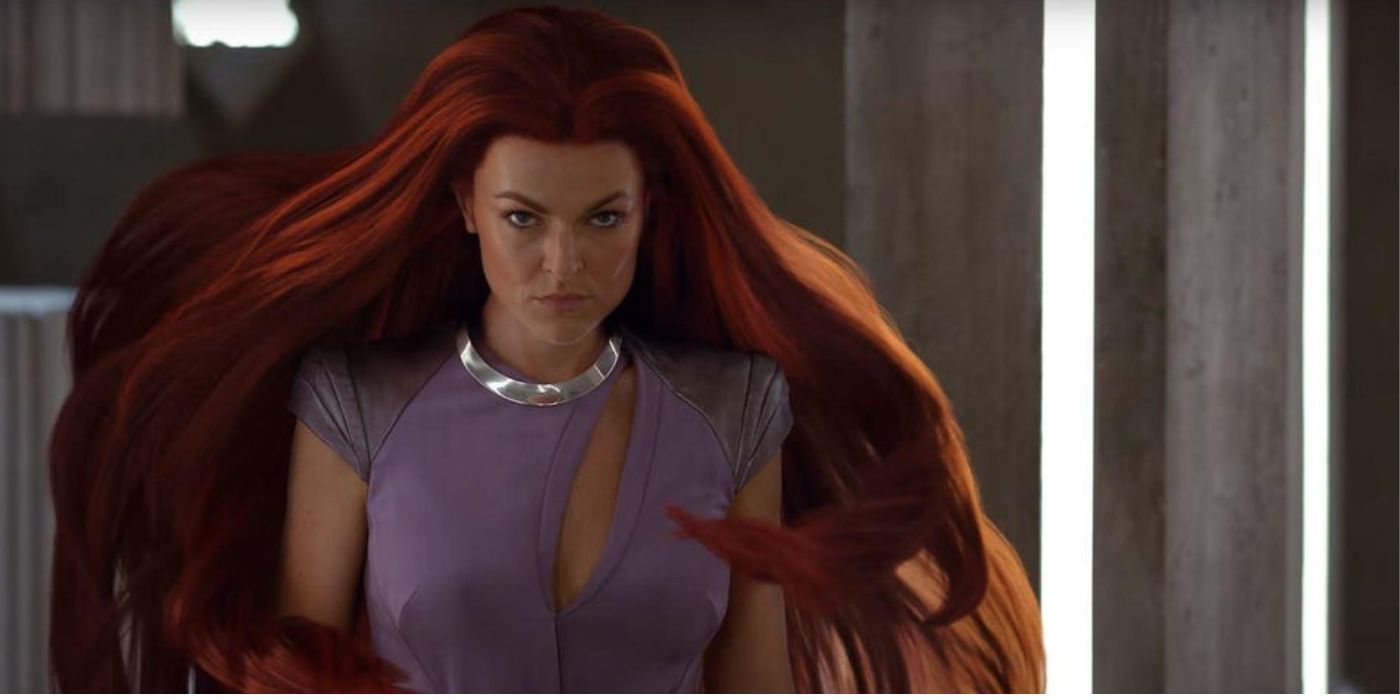
Inhumans is a Marvel series that centers on Black Bolt (Anson Mount) and the other super-powered members of the Inhuman Royal family. The series follows the family as they fight to protect themselves after a military coup. A military coup and a super-powered royal family might sound like great ingredients for an intense series, but Inhumans ultimately failed to deliver for audiences.
Inhumans is a short series of only 8 episodes, but due to its poor execution it feels like an eternity. It suffers from stiff acting, cheaply thrown-together effects, and a story that fails to ever take off. Inhumans features an excess of characters moping around Hawaii (which is admittedly scenic) and a scarcity of action. When the action does happen, it’s awkwardly choreographed and over in seconds. For viewers, this was both underwhelming and unromantic.
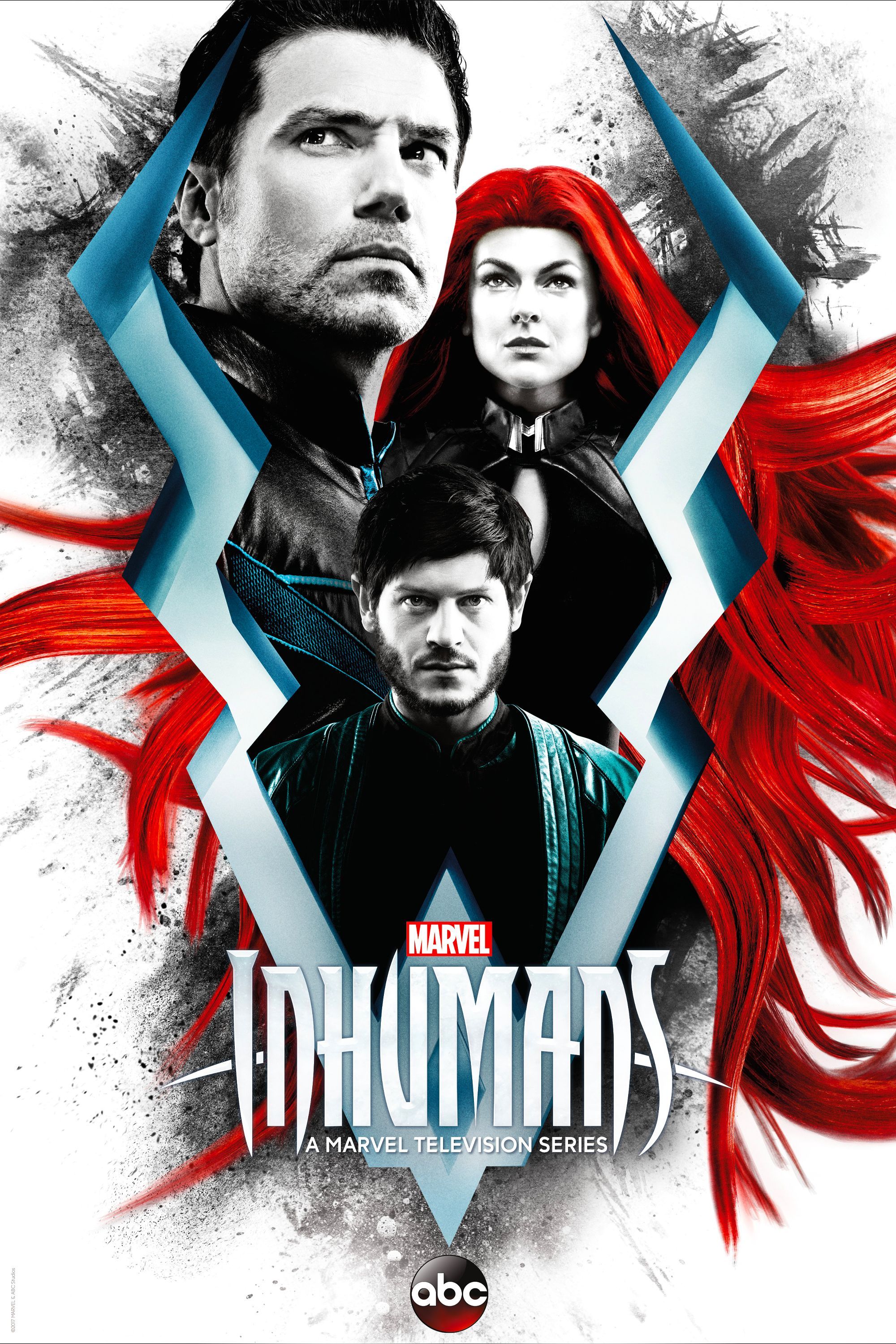
Inhumans
- Release Date
-
2017 – 2016
- Network
-
Disney Channel
3
‘Nightflyers’ (2018)
Created by Jeff Buhler
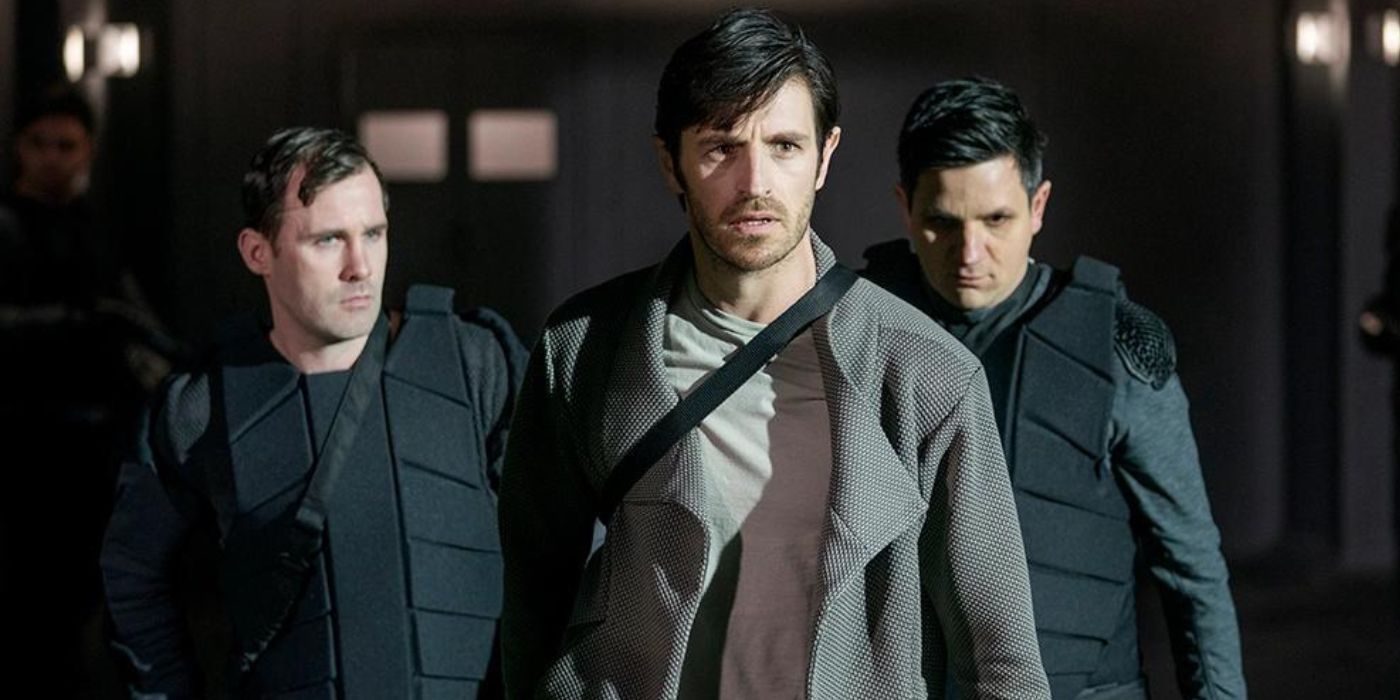
Adapted from a novella by the legendary George R.R. Martin, Nightflyers was pitched as an exciting blend of horror and sci-fi. The series follows a group of scientists who travel into space to respond to a mysterious alien signal, but soon find that they may not be alone on the ship. Terrifying, right?
Unfortunately, Nightflyters’ sinister premise failed to deliver for audiences, and instead the ill-fated series was a yawn-inducing space flight to nowhere. Despite a few gory moments and atmospheric visuals, Nightflyers was panned by both critics and viewers alike, who were quickly bored with its clichéd plotting and irredeemably uninteresting characters. The underdeveloped characters made it difficult for viewers to empathize with the threats to their lives, robbing the series of any potential tension it might’ve capitalized on. Ultimately, Nightflyers was canceled by Syfy after just one season.
2
‘Another Life’ (2019-2021)
Created by Aaron Martin
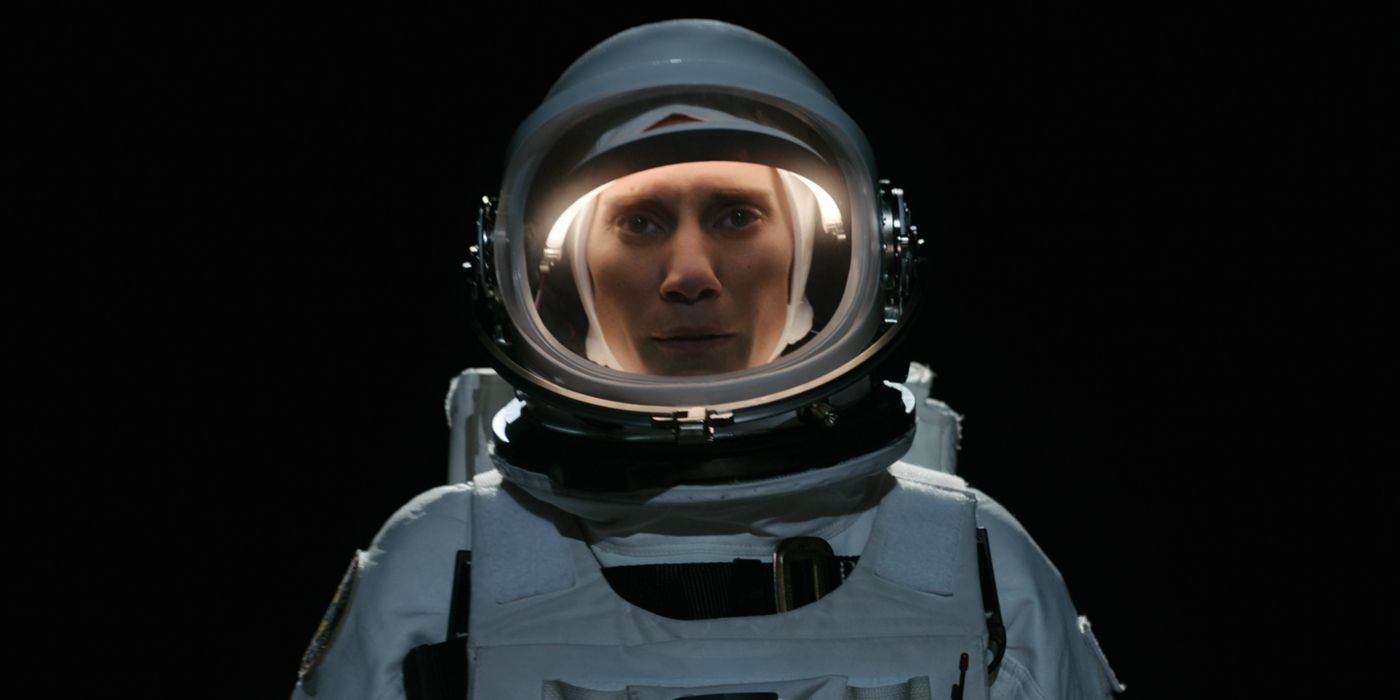
Netflix’s Another Life is proof that simply tossing together space missions, alien artifacts and a recognizable lead actor isn’t enough to guarantee a successful series. This short-lived series follows the crew of the Salvare starship, a fleet who travel on a dangerous mission to investigate the origin of a mysterious alien artifact. Another Life quickly developed a reputation for being an unintelligible soup of sci-fi homages that careens from one plot point to another.
Another Life features a string of incidents that seem like they’d be ideal for an exciting series. Alien viruses, mutinies and hallucinations are all depicted, but because its stakes are never earned, Another Life never manages to build tension and ultimately falls flat. The dialogue of the series is trite, the characters are insufferable, and the plot’s messiness ultimately makes Another Life an agonizingly underwhelming series to sit through.
1
‘Invasion’ (2021-Present)
Created by Simon Kingberg and David Weil
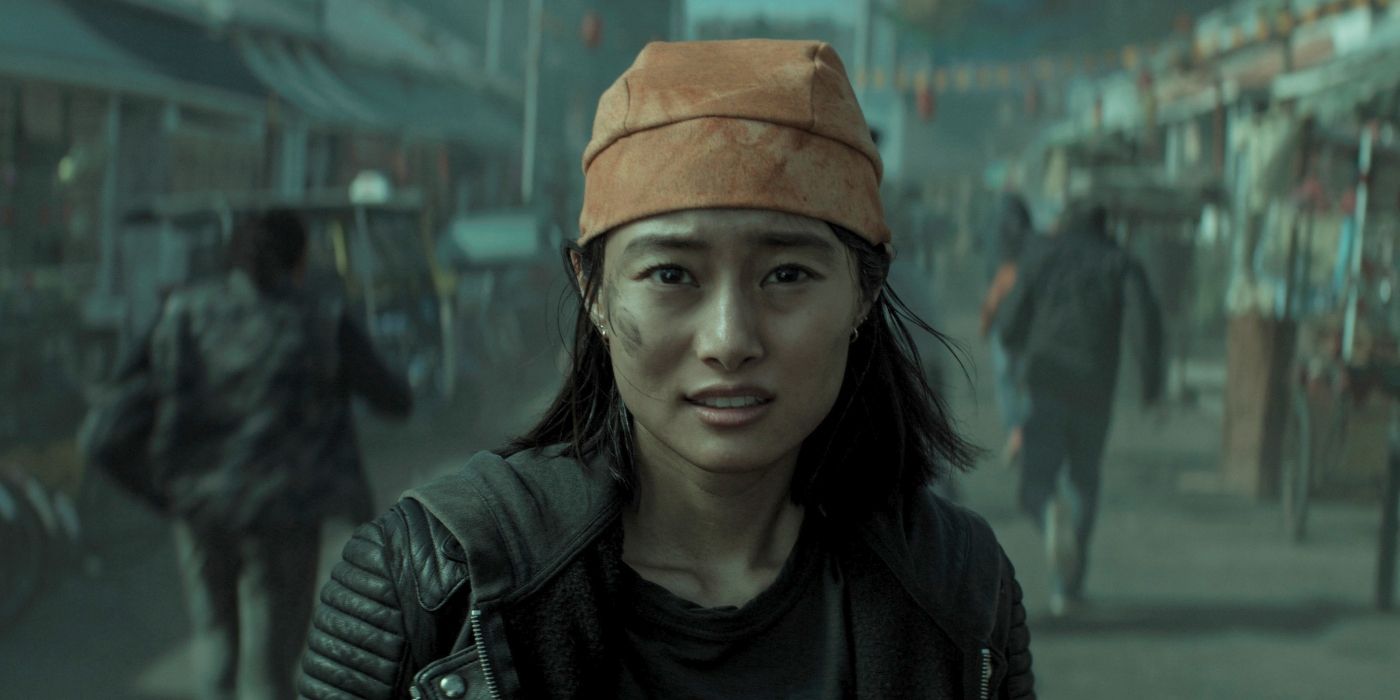
Apple TV+’s Invasion is a case study in how to completely drain all the urgency out of an inherently thrilling premise. When an alien species invades Earth, events unfold, in a fashion that’s not particularly eventful, through the eyes of distant strangers as people across the globe try to make sense of what’s happening. They’re not the only ones who are confused. Audiences in the real world struggle to understand how such a promising show can offer so little excitement to its audiences.
Instead of focusing on the actual aliens, Invasion spends a great deal of time on the personal lives and struggles of the humans on Earth as they navigate the chaos of this extraterrestrial event. It’s natural to include some drama in a show like this, to help humanize the characters and build out a story that’s inherently more relatable. But Invasion fails to execute this in a way that resonates with viewers, or even in a way that can maintain their attention. Its achingly slow pacing makes for a devastatingly boring watch. Nonetheless, Invasion is not without its fans, and with a new season recently confirmed, it may have the potential to make up for lost time.
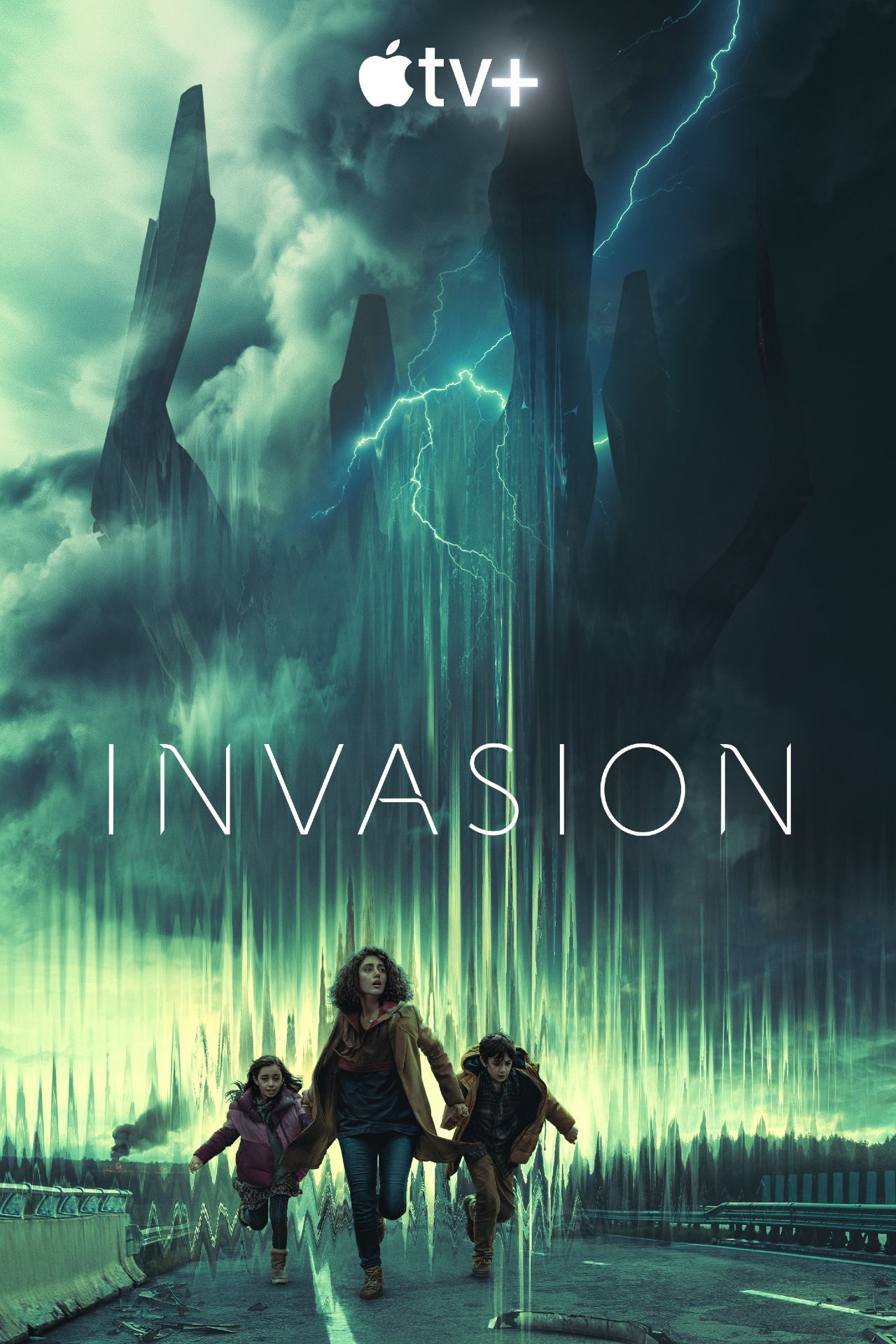
Invasion
- Release Date
-
2021 – 2024
- Showrunner
-
Simon Kinberg
Keep Reading: The 10 Most Timeless Sci-Fi TV Shows, Ranked

